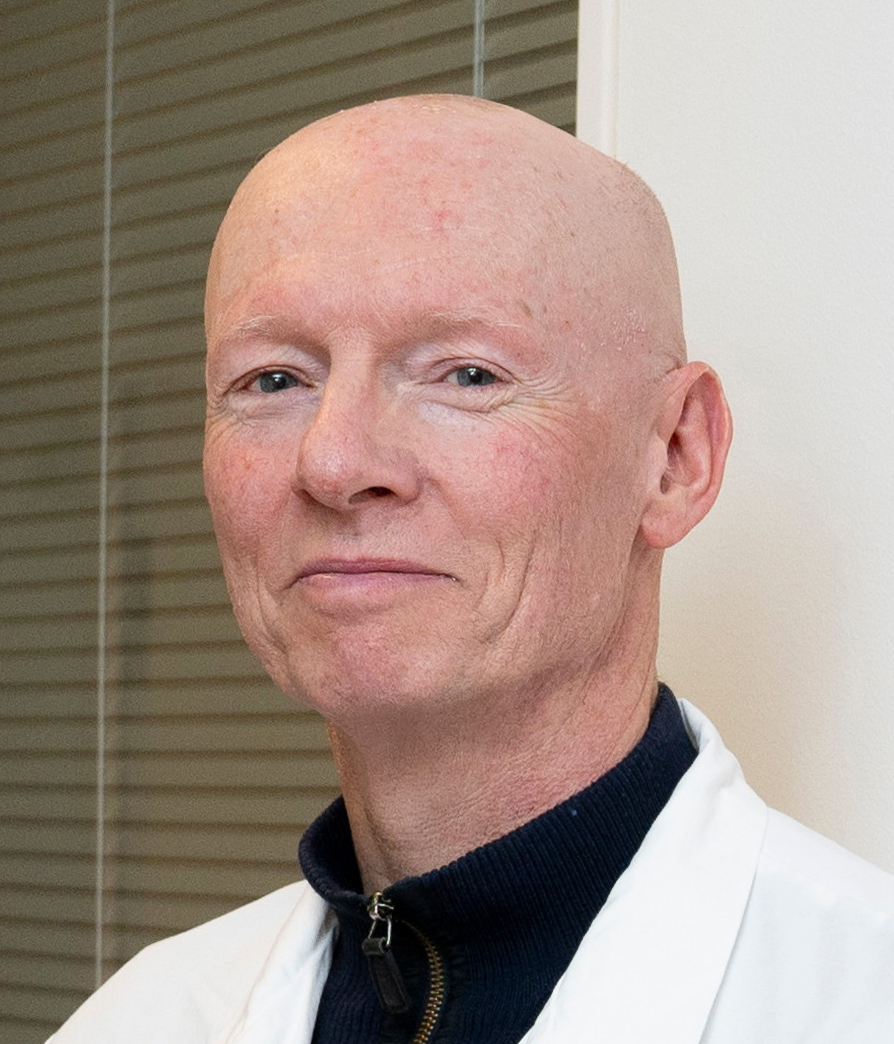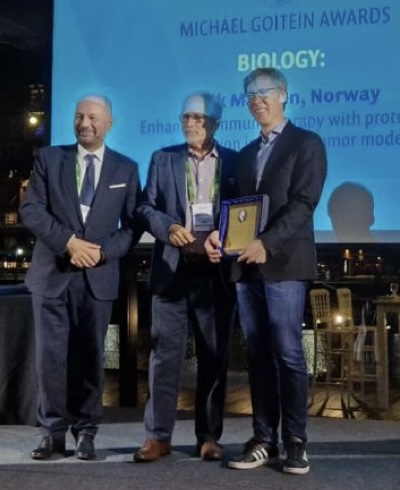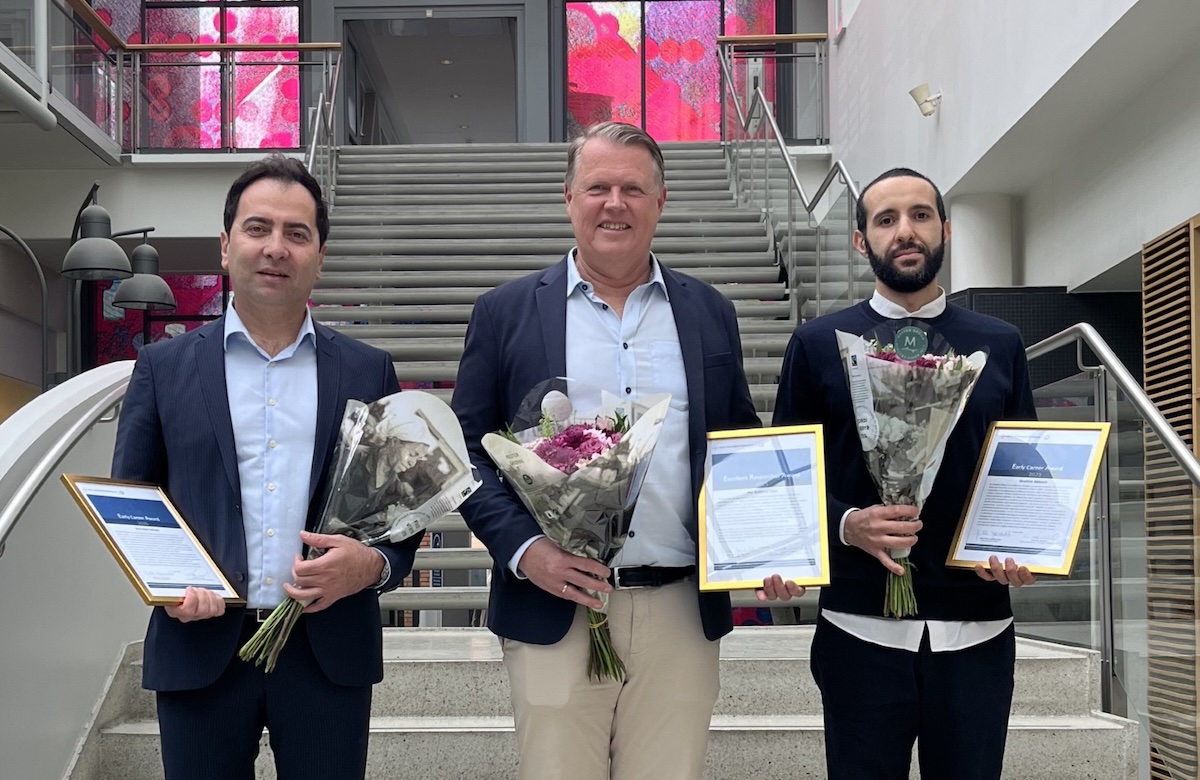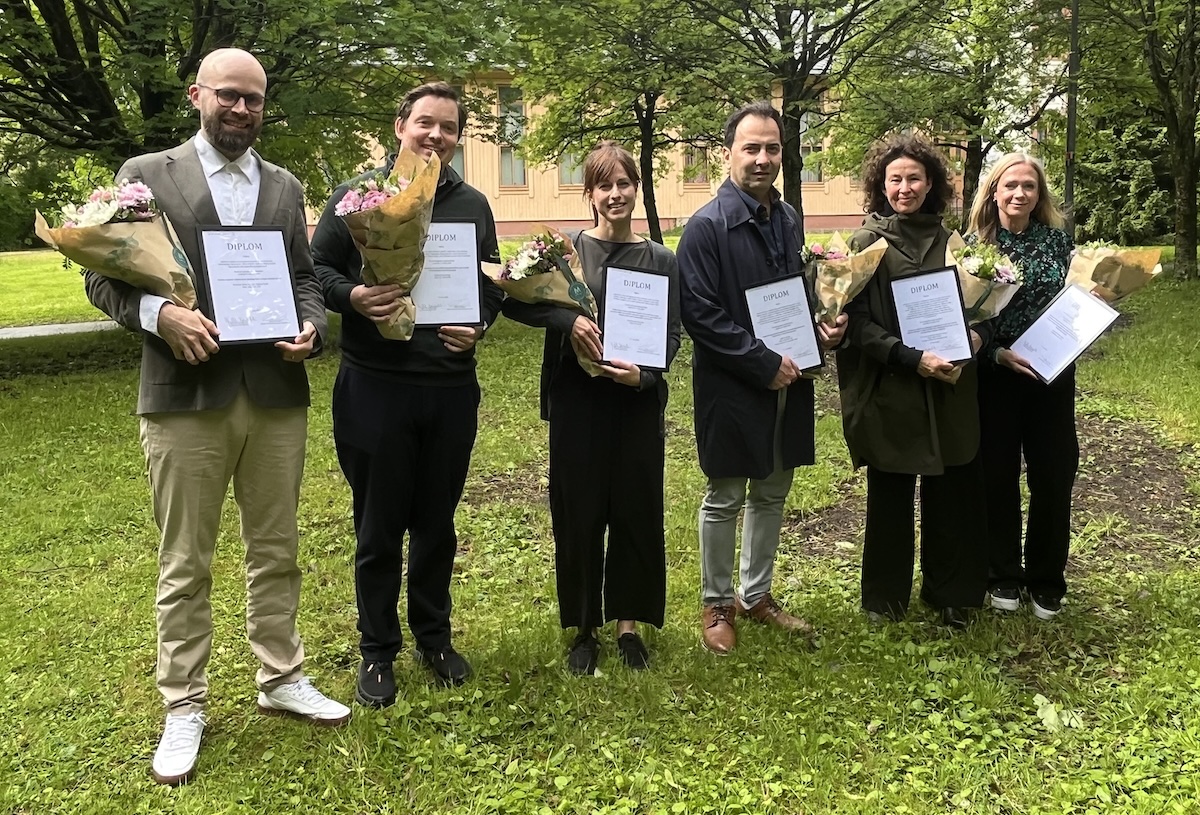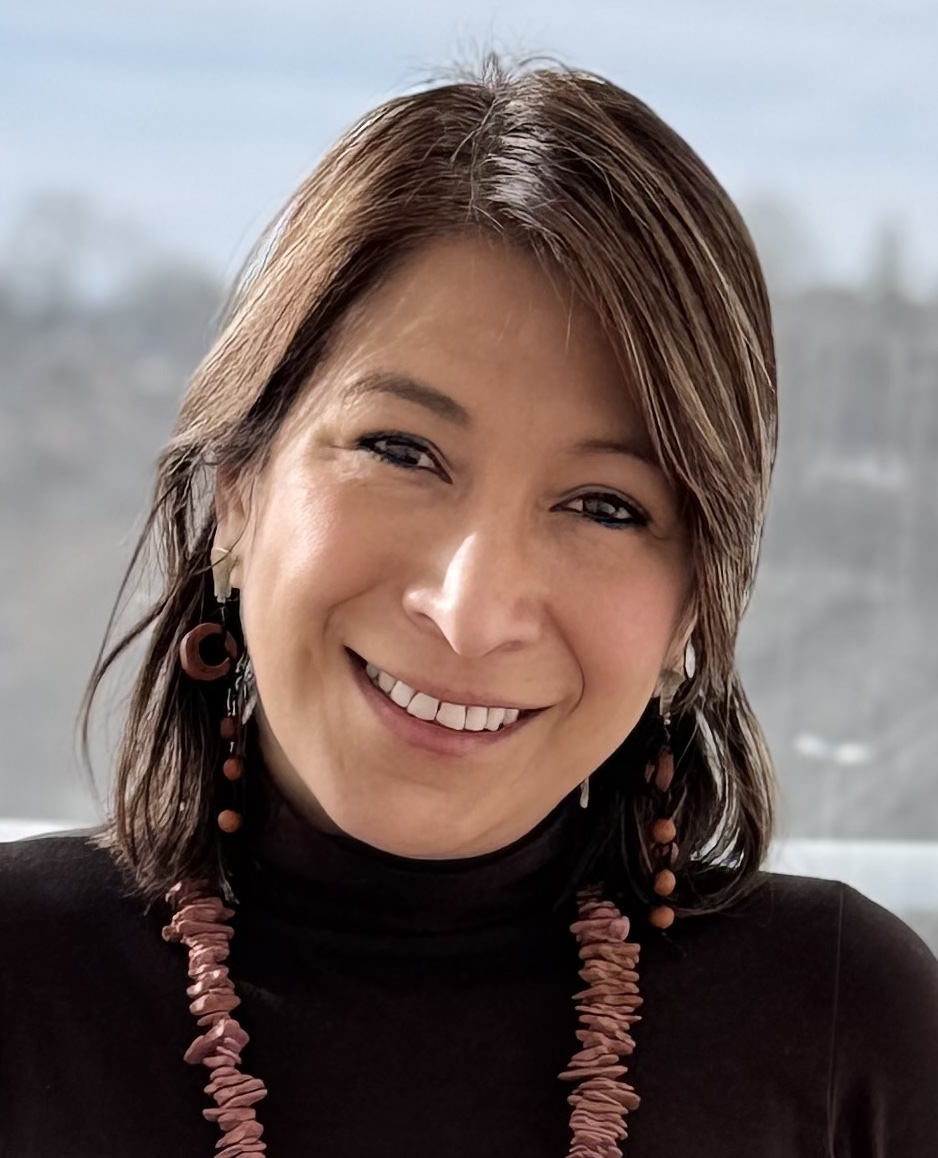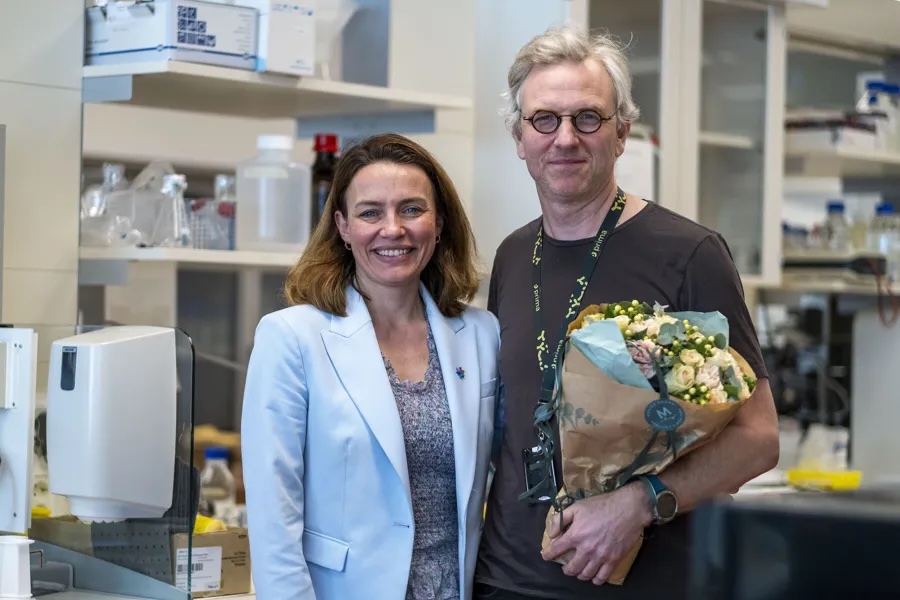Institute for Cancer Research

Institute head
Institute for Cancer Research has since its foundation in 1954 played a central role within the field of cancer research both in Norway and internationally. The Institute has seven research departments and more than 380 employees. About 70% of the employees and projects are externally funded. Read more
See introductory video with welcome to the ICR

